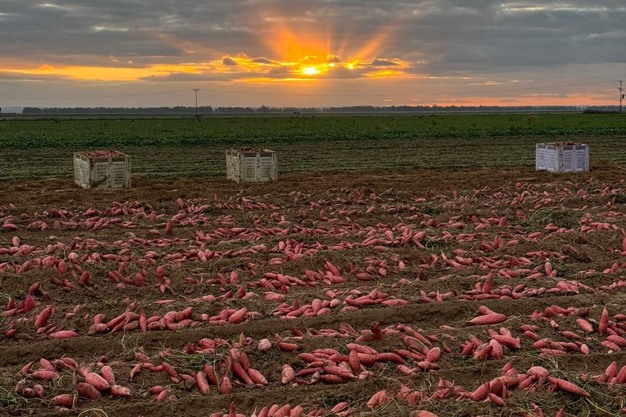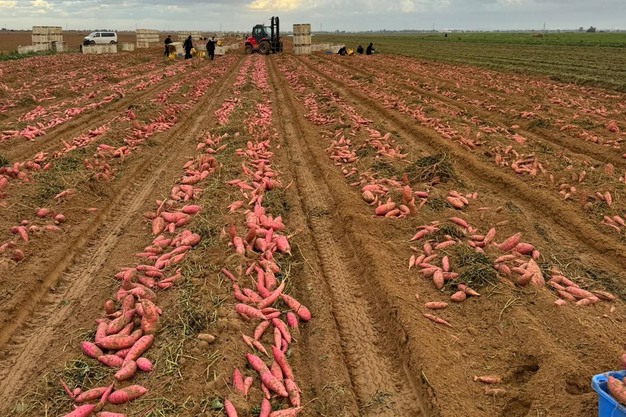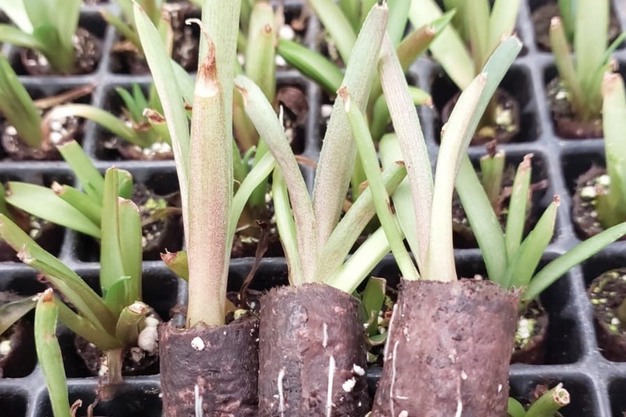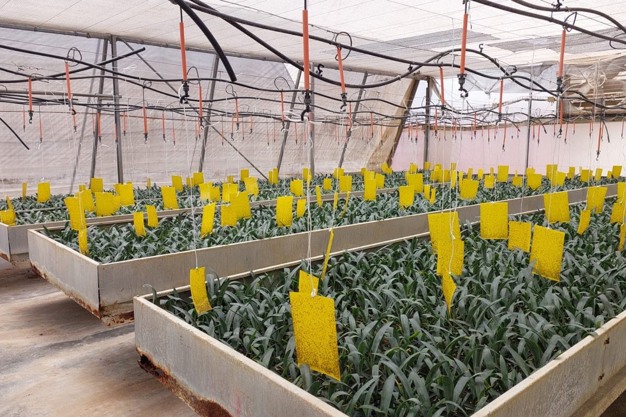Israeli grower and exporters of sweet potatoes, Carmy Exports, is now focusing on exclusively providing this product for their local market. That is because of the high inputs costs in Israel, that has turned out to be less profitable for them to export sweet potatoes. "We are producing for the local market where demand is growing. We're not succeeding in reaching the good prices that we need to realise in exports," says Yitzhak Carmy, from Carmy Exports, who were the leading sweet potatoes exporters from Israel. They have instead developed a partnership model of growing vegetables in different countries, instead of exporting to those countries.

He says Israel is an expensive country in which to grow fresh produce. "There is a lot more value for us in producing sweet potatoes for the local market. The competition that we have in other places in the world are just too good for us. Israel is an expensive country, the water, the land, fertilisers everything is going up. When you produce you cannot be competitive with Third World countries that produce this product, it's problematic. Most of the expenses in sweet potatoes is for the curing and processing and holding it in storage for a few months. There's also a lot of end working that's needed, the use of machinery is not so high while the salary bill is killing us, because it takes a lot of money to employ all the people," explains Carmy.
Another factor is the traditionally stronger Israeli Shekel to other major trading currencies. "The Shekel is strong, which makes it less profitable to export. All these factors make us to not be so competitive. However, we are growing as a company in partnership in a few places in the world. We are expanding our growing ability, but not in Israel."

Partnerships to grow in other countries
Carmy Exports is doing this by having a new big project in Africa, where they will also cultivate vegetables for the local market. By doing this, they are sharing their growing expertise and investing in other countries where it is greatly needed. "In Congo-Brazzaville, we planted our first seedlings this January, where we are establishing a big farm of 700 hectares with regular potatoes, carrots, onions and a few other products," says Carmy.

New blue agave plants headed for Israel's Negev desert.
New cactus growing in Israel desert to make tequila
His company is in the process of establishing a brand new agricultural venture in partnership with others. They will be growing blue agave, commonly known as a cactus like plant, in the desert of Israel to make tequila for export to the US market, with knowledge and methods from Mexico.

Blue agave ready to planted in Israel at the end of July.
"The other agricultural business we are starting by planting blue agave, which is like a cactus, through the agricultural method brought from Mexico. The first field will be planted in July in the Negev. It's a very big long term project. The growing of the blue agave will take between five and eight years to reach maturity. From this we will produce tequila. We're going to establish a distillery for this. Most of this new export will be for the US market," Carmy concludes.
For more information:
Yitzhak Carmy
Carmy Export
Email: [email protected]










